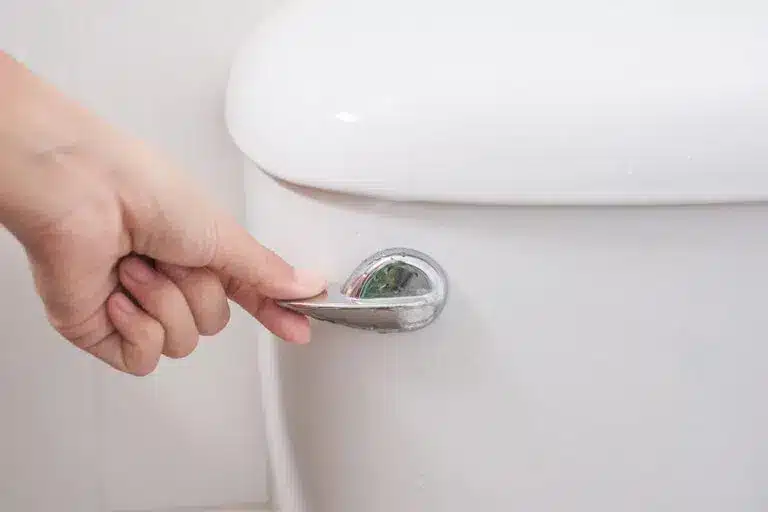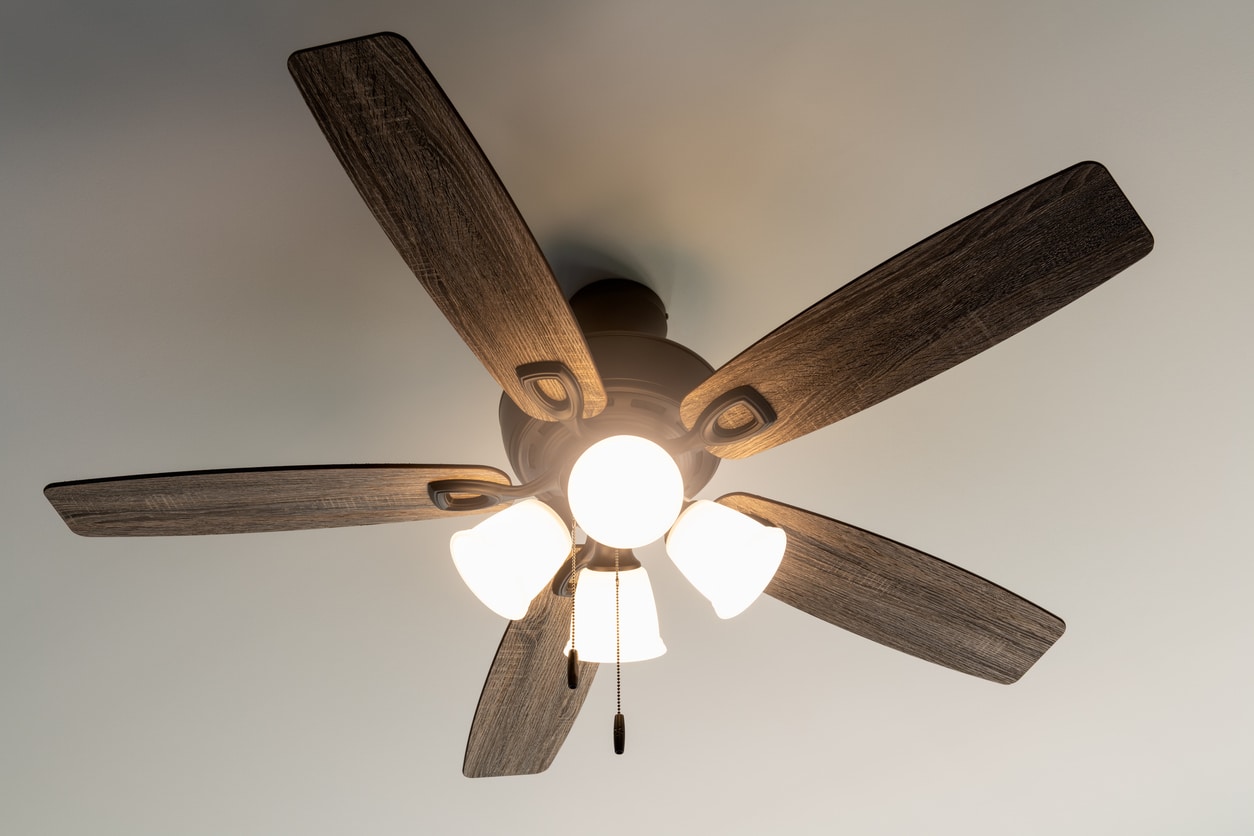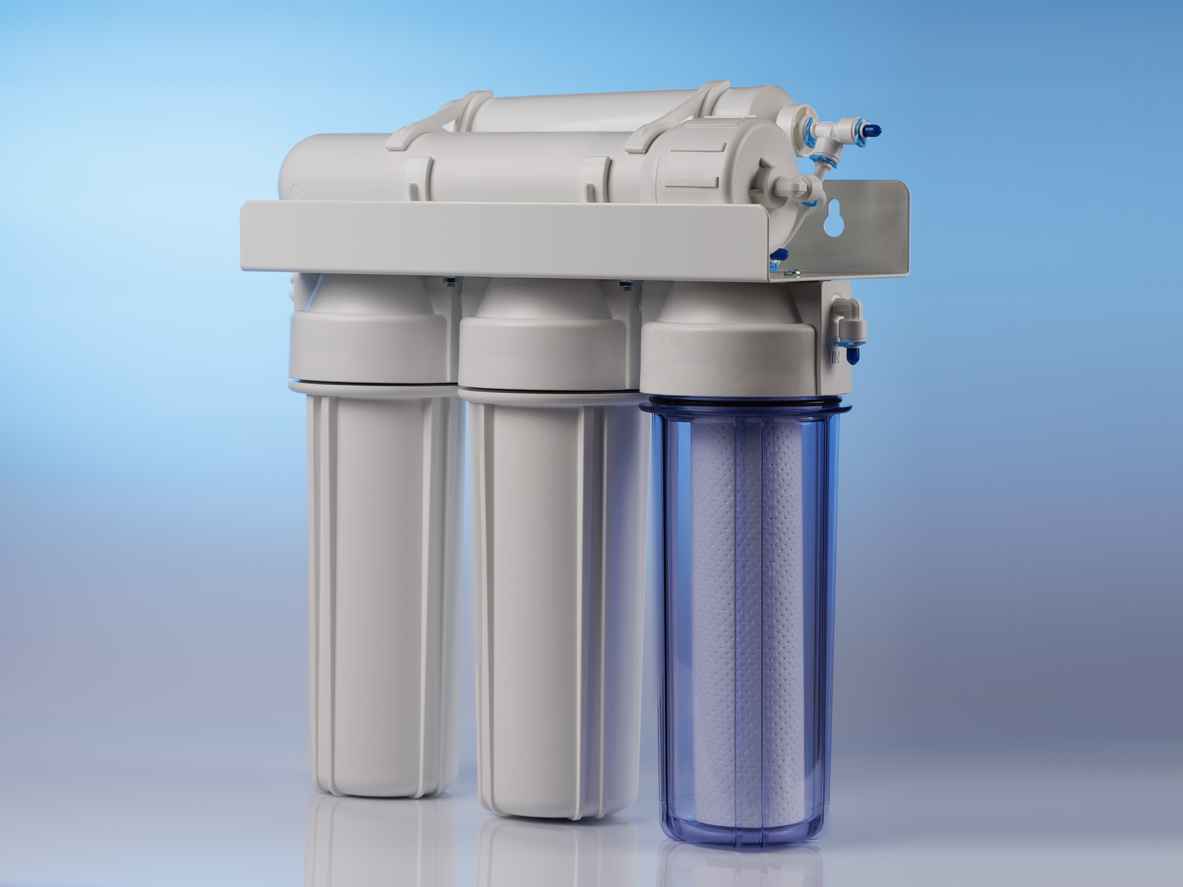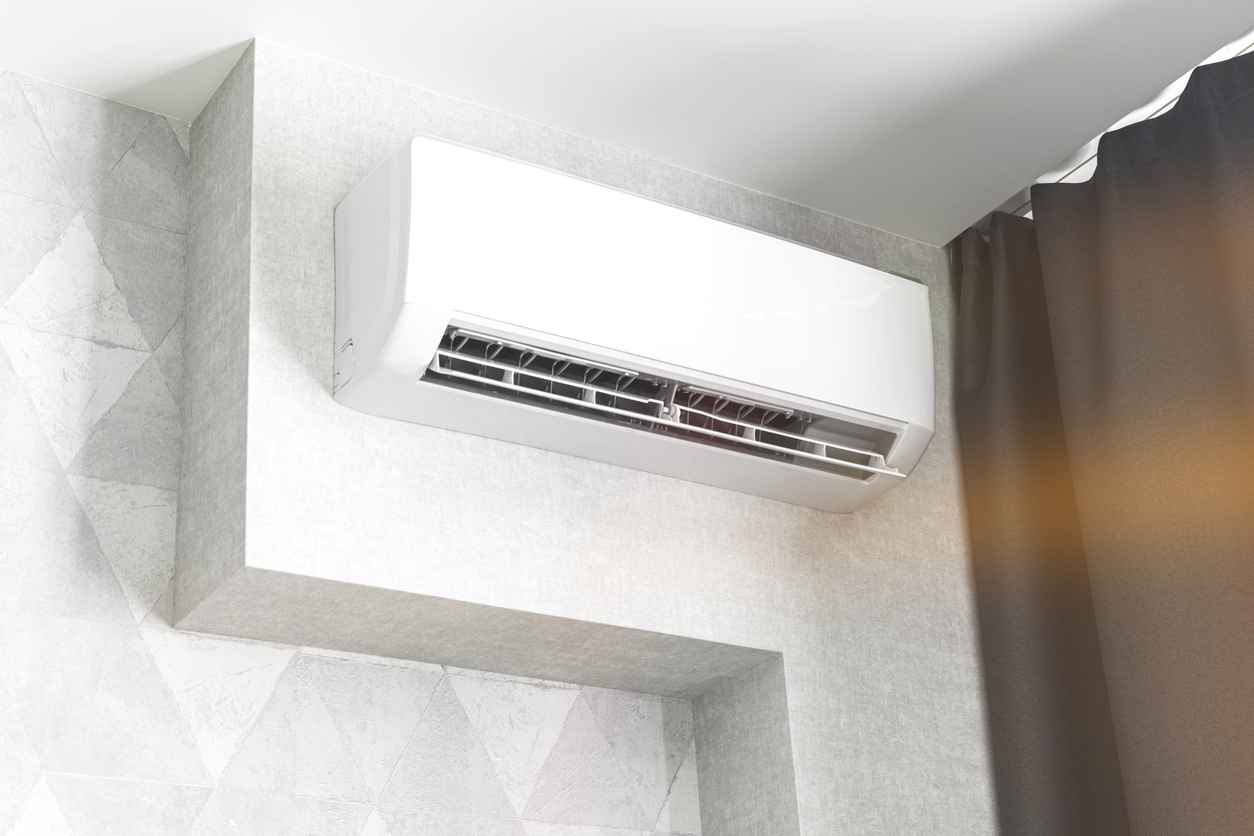Why Your Drain Backups After Toilet Flushing
No one wants to deal with drain issues of any kind in their home, but there are varying levels of concern depending on the drains impacted. One of the most potentially serious such issues: When your basement floor drain or any similar drain begins to overflow after the flushing of any toilet in the home, which often signals a backup of some kind in your main sewer line.
At My Buddy the Plumber, we’re here to assist our clients with a wide range of needs, including sewer line cleaning and related main line repairs as needed. What is happening in your system if your basement drains are overflowing after you flush various toilets in the home, and what can be done about it? How can you avoid this issue in the future? Here’s everything you need to know.

Causes of Main Sewer Backups
As we noted above, concerns of overflow in the basement drain are due to a backup in the main sewer line. This is the pipe that leads from your home out to the municipal sewer system or your own personal septic tank. If there is an obstruction of any kind in this pipe, it can cause a backup that sends water and waste flowing back into the home – and often, this overflow will come up through basement floor.
What are some ways the main sewer line can become blocked? There are a few:
- Improper item flushing: The single most common cause of main sewer backups is the flushing of improper items down toilets. This includes everything from diapers and baby wipes to feminine hygiene products, paper towels, and even “flushable” cat litter. Over time, these items can cause a buildup that will eventually lead to a blockage.
- Tree root infiltration: If there are trees on your property (and chances are, there are), their roots can grow into and block the main sewer line. This is especially true if the line is older and made of clay, as tree roots are attracted to the moisture in the pipe.
- Settling: Another common issue we see with main sewer lines is settling. This can happen for a few reasons – for example, if the ground around the pipe was not properly compacted during installation, or if there has been any major settling or shifting of the earth over time. When this happens, it can cause the pipe to become crushed or broken, leading to a blockage.
Stopping Floor Drain Flooding
One of your first steps upon noticing this issue, especially if the backup in your floor drain is significant and/or you have repeated issues, is to call a professional plumber for assistance. While you wait for their arrival, though, it’s often prudent to take some immediate steps to try and mitigate the problem, including stopping the flooding or water damage.
This starts with turning off your home’s main water supply. This will stop water from continuing to enter the system, and may help to reduce the amount of sewage and water that has already backed up into your basement.
Once you’ve turned off the water, you can begin clearing out any pooled water in the basement – but be careful, as this may contain raw sewage and other contaminants that can pose a serious health risk. Use a wet/dry vacuum if possible, and empty it into an outside drain or toilet (if it’s still operational) as soon as possible.
You may also want to try using a plunger on the floor drain itself in an attempt to clear the blockage – but be warned, this is often not effective, and can actually make the issue worse by pushing the blockage further down the pipe.
If you have a sump pump in your basement, now is the time to put it to use – but again, be very careful, as it may also be contaminated with sewage. If possible, empty it into an outside drain or toilet as well.
What a Plumber Will Help With
Once you’ve taken these steps, it’s time to wait for the professionals. A qualified plumber will have the tools and experience necessary to quickly and effectively clear the blockage in your main sewer line, and can also help to identify any underlying issues that may be causing or contributing to the problem. In many cases, they’ll also be able to provide recommendations on how to prevent similar issues in the future.
There are a few different ways that a plumber can clear a main sewer line blockage, but the most common is hydro jetting. This involves using high-pressure water to break up and remove the blockage, as well as any built-up materials that may be causing it.
Once the blockage has been cleared, the plumber will also likely perform a camera inspection of the line to ensure that there is no further damage – and if they do find any, they can provide recommendations on the best way to address it.
After the line has been cleared and repaired, the plumber will also provide you with some recommendations on how to prevent future issues. This may include things like changing the type of toilet paper you use, or avoiding flushing certain items down the drain.
Preventing Future Concerns
There are a few ways to prevent these issues in the future:
- Proper item flushing: Only flush human waste and toilet paper down the toilet – no feminine hygiene products, diapers, wipes, or other such items.
- Regularly maintained lines: Have your sewer line inspected and cleaned by a professional on a regular basis (typically once every one to two years).
- Proper tree care: If you have trees near your sewer line, make sure that they’re well-maintained and not growing too close to the line.
For more on what drain backups after you’ve flushed your toilet means, or to learn about any of our main sewer line cleaning or related services, speak to the team at My Buddy the Plumber today.
Recent Posts
Recent Posts


Join the My Buddy Club
Easy Maintenance & Exclusive Benefits
The My Buddy the Plumber’s Club is our comprehensive maintenance membership program that will protect your home comfort systems! From an in-depth home plumbing inspection to thorough furnace and air conditioning tune-ups, the club does it all. Our team will ensure your HVAC, plumbing, and electrical systems are running safely and in top shape. Joining our club can also provide plenty of exclusive perks, such as:
- Priority service
- 10% discount on repairs
- No after-hours fees
- Peace of mind
- Matched manufacturer’s warranty
- Tank water heater flush
- Drain cleaning
- Electrical safety inspection

















